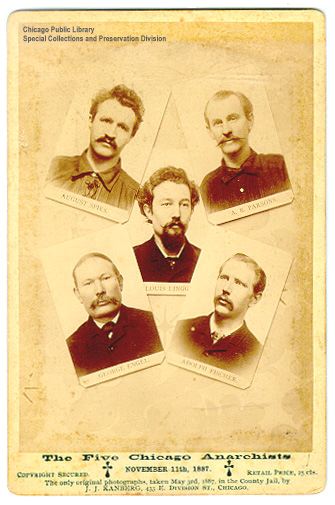Some snippets from Olmstead v. United States, a 1928 Supreme Court case that considered whether unauthorized police wiretapping is a violation of the Fourth Amendment (“the right of the people to be secure … against unreasonable searches and seizures, shall not be violated”) and the Fifth Amendment (“no person … shall be compelled in any criminal case to be a witness against himself”). It arose from a bootlegging bust in Washington state in which federal prohibition agents had, in violation of a state law, secretly tapped phone lines to get evidence.
The majority, in a pedestrian and short-sighted opinion (by Chief Justice William Howard Taft) that the current administration would love, ruled, in essence, that it was fine for the agents to tap the lines and listen in because they hadn’t physically intruded on the suspects’ property when they did it.
Associate Justice Louis Brandeis wrote the most important of several dissents. He demonstrated the absurdity of the majority’s finding on the nature of wiretapping and added lessons on privacy, the need for individual protections against government power, and government’s responsibility to act within the law. The passage most apt for today’s America: one in which he warns of the danger of government pursuing “benificent” ends — making sure we’re all secure from terrorists, say — regardless of the means: “The greatest dangers to liberty lurk in insidious encroachment by men of zeal, well-meaning but without understanding.”
A few passages from Brandeis’s Olmstead dissent:
“… The makers of our Constitution undertook to secure conditions favorable to the pursuit of happiness. They recognized the significance of man’s spiritual nature, of his feelings and of his intellect. They knew that only a part of the pain, pleasure and satisfactions of life are to be found in material things. They sought to protect Americans in their beliefs, their thoughts, their emotions and their sensations. They conferred, as against the government, the right to be let alone-the most comprehensive of rights and the right most valued by civilized men. To protect, that right, every unjustifiable intrusion by the government upon the privacy of the individual, whatever the means employed, must be deemed a violation of the Fourth Amendment. And the use, as evidence in a criminal proceeding, of facts ascertained by such intrusion must be deemed a violation of the Fifth. …
“… Experience should teach us to be most on our guard to protect liberty when the government’s purposes are beneficent. Men born to freedom are naturally alert to repel invasion of their liberty by evil-minded rulers. The greatest dangers to liberty lurk in insidious encroachment by men of zeal, well-meaning but without understanding. …
“Decency, security, and liberty alike demand that government officials shall be subjected to the same rules of conduct that are commands to the citizen. In a government of laws, existence of the government will be imperiled if it fails to observe the law scrupulously. Our government is the potent, the omnipresent teacher. For good or for ill, it teaches the whole people by its example. Crime is contagious. If the government becomes a lawbreaker, it breeds contempt for law; it invites every man to become a law unto himself; it invites anarchy. To declare that in the administration of the criminal law the end justifies the means-to declare that the government may commit crimes in order to secure the conviction of a private criminal-would bring terrible retribution.”

